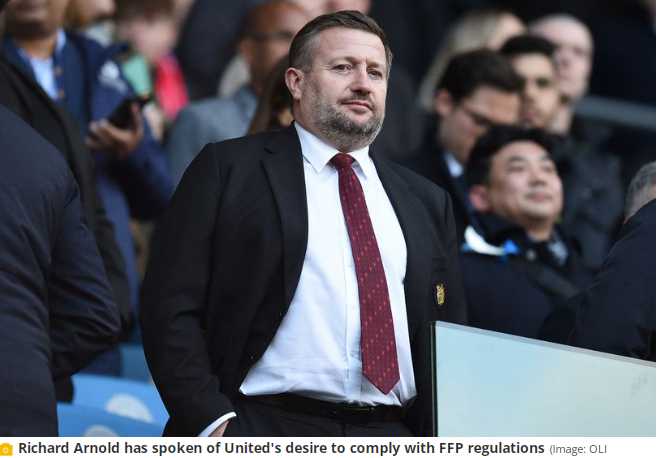
When the top decision-makers at Manchester United addressed investors on Thursday, the same day that the club disclosed its most recent set of financial statistics, there was an evident undercurrent of fiscal restraint in their remarks.
A wage cost that broke all previous records and a dramatic increase in operating losses were the headline figures, with the net debt also flying up and an additional £33 million leaving the coffers in the form of dividends in the twelve months leading up to June 2022. These successes come to an end just as United were getting ready to embark on a historic summer of expenditure, doling out almost $225 million to acquire new players for Erik ten Hag's squad.
That £384 million salary cost will benefit from the flurry of departures in the summer, but this recruitment drive was also like nothing United have ever done before. While chief financial officer Cliff Baty spoke of a return to a "more normalized level of pay" and emphasized the impact of Champions League football on revenue, football director John Murtough warned that kind of window won't be repeated.
The present state of the economy was a topic of conversation between Baty and Richard Arnold, the chief executive. Arnold discussed "macroeconomic pressures" and the "inflationary environment," and Baty brought up the effect that it is having on costs such as travel, wages, and flights.
It was made abundantly clear that the spending binge that took place over the course of this summer is most likely an isolated incident. United, which is owned by the Glazer family, has been preaching that their business model is sustainable, which is something that United's fans find difficult to accept given that dividends amounting to a total of £155 million have now been paid in seven years and interest payments under Glazer ownership now total an eye-popping £886 million.
Arnold brought up the topic of Financial Fair Play rules and insisted that United are determined to adhere to them during the question and answer session that took place on the call. He spoke about the importance of maintaining a healthy balance between investment and sustainability.
"When you look at our activity in this space historically, you'll see that we've had to find a way to strike a balance between investing in the talent necessary to perform at the levels expected of Manchester United and maintaining our financial viability in the short term and the long term. "We believe that FFP is helpful in achieving both of those goals," he said.
In theory, United should benefit from a strict interpretation of FFP rules given the revenues they are capable of bringing in; however, the poor management that has allowed that wage bill to spiral would clearly be an issue in the long term.
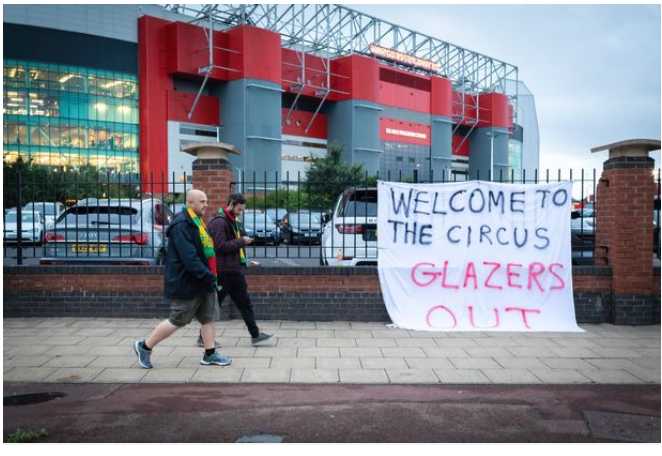
However, in order for United's strategy to be successful, the FFP rules need to be strictly adhered to. According to the regulations of the Premier League, clubs are permitted to incur a total loss of £105 million over the course of three years, which must be covered by the club's owners.
United would be on the cusp of that, but offsetting expenditures against infrastructure or football development projects can help, and United has invested in their women's team and academy. This could help United avoid falling into that category. Because of the losses that were sustained during the COVID-19 pandemic, there is also additional wiggle room available.
These strategies for preventing possible violations could make it possible for clubs to push the boundaries further. It would make sense that the massive transfer window that Chelsea has just completed would bring them dangerously close to breaking the rules of the Premier League, but as of right now, no club has violated any of the league's regulations.
There have been challenges brought against UEFA, but their FFP guidelines are also in a precarious position. They issued fines to eight different clubs three weeks ago for failing to meet the break-even requirement for the UEFA club competitions in 2021/22 season.
However, Paris Saint-Germain, Inter Milan, Juventus, Roma, AC Milan, Marseille, Monaco, and Besiktas were only fined a total of €26 million between them, with a further €146 million contingent on the club's compliance with respective settlement agreements. Besiktas was the only club that was not fined.
The Financial Fair Play (FFP) regulations of UEFA appear to be deteriorating rather than improving, as a further 19 clubs, including Manchester City, are currently under observation by the organization.
When it comes to financial controls, there is a valid argument that the wrong owners are being targeted. This is because the controls can punish clubs that invest, but they don't bat an eye at United, which has a net debt that is now over £500 million.
United are operating within the confines of the rules; however, their desire to adhere to FFP suggests that another transfer window similar to the one we have just experienced will not occur for quite some time. Arnold and his colleagues need the governing bodies to ensure that their financial rules have some degree of bite in order for that strategy to be successful.
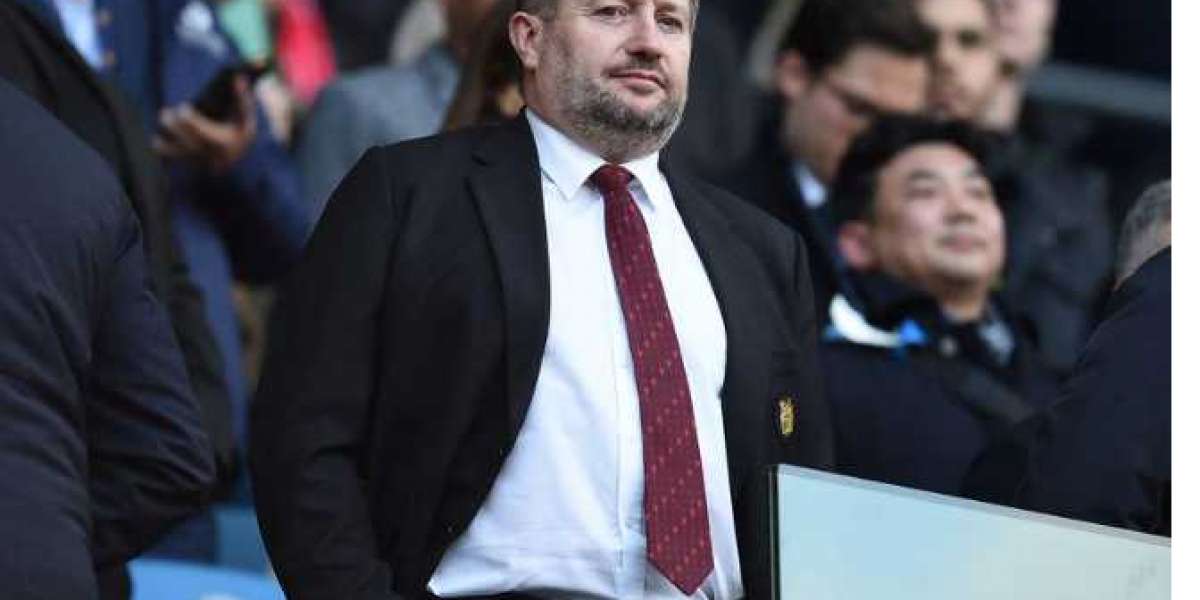

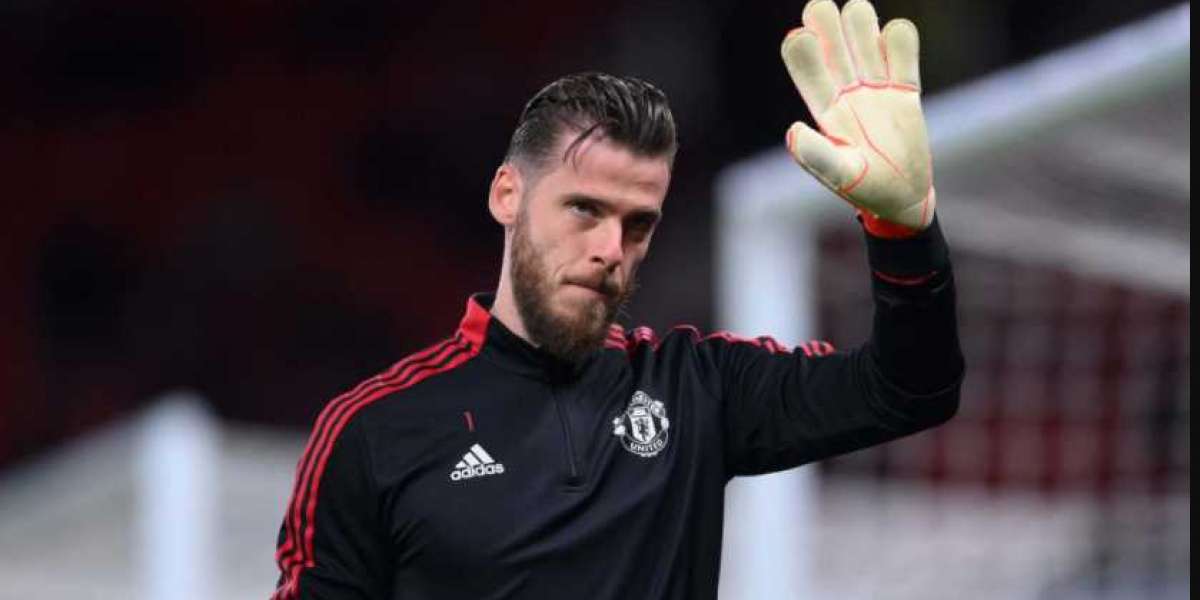
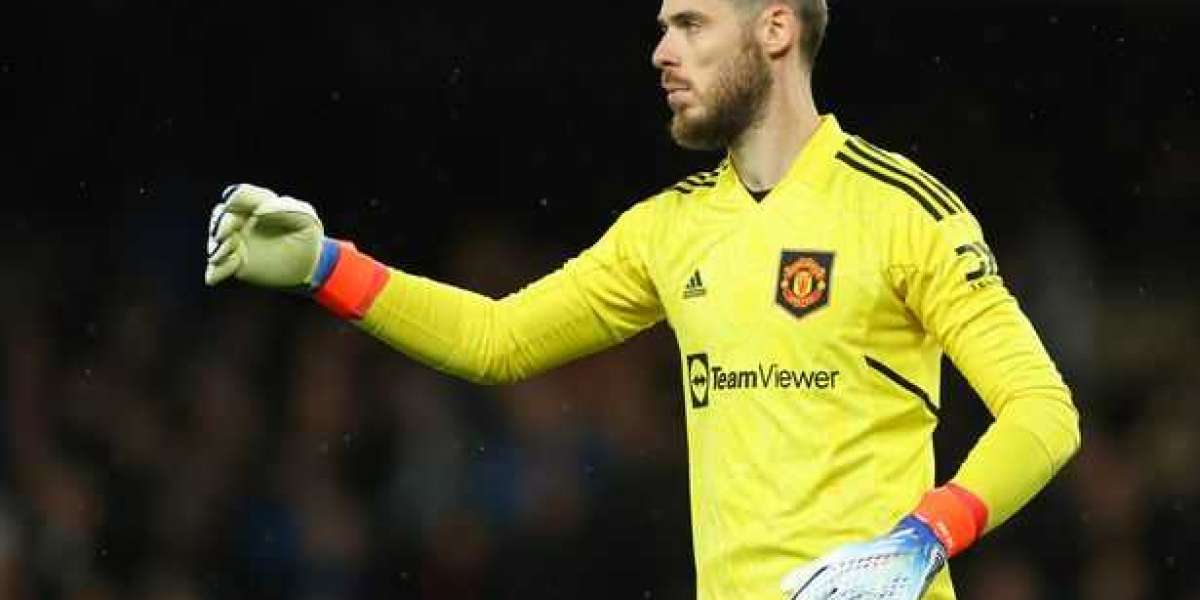
Wisdom Nnebi 1 w
Great